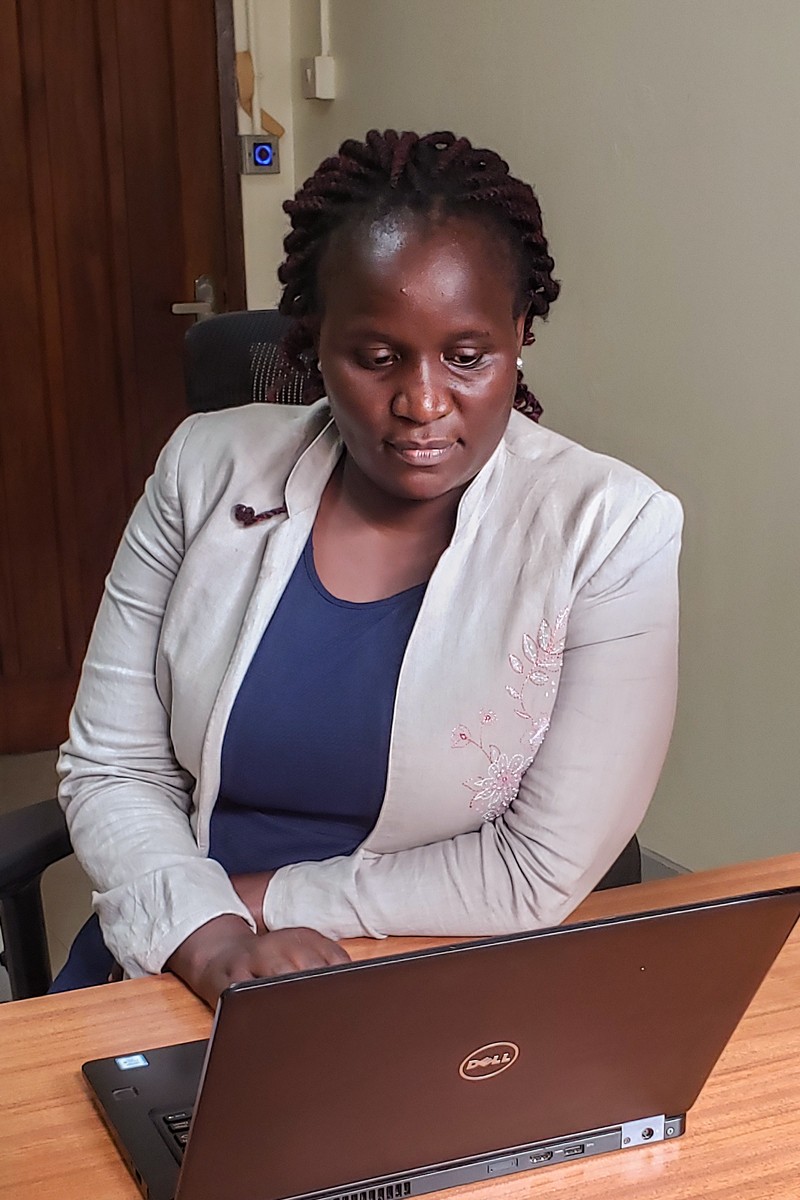Supporting children’s health in rural Uganda

Mary Nyantaro is a research scientist at the Uganda Virology Research Institute (UVRI) in Entebbe. In 2010, she completed her Bachelor of Science in Medicine and Surgery from Mbarara University of Science and Technology, Uganda. She joined UVRI after she worked for two years as a general practitioner in obstetrics and pediatrics at Kiwoko Hospital in Uganda. She completed her Master’s Degree in Pediatrics and Parenting from her Makerere College of Health Sciences in Kampala in 2015 and her second degree in Public Health from the University of Manchester, UK in 2021. . She is currently based in Masaka, Uganda, coordinating her clinical practice. She conducted a trial to test a new schedule of immunizations for children against diphtheria, tetanus, and pertussis (DTP).
Why did you get two master’s degrees?
they complement each other. A degree in pediatrics and parenting from Makerere has given me more real-world work experience treating children. During my degree program in Manchester, I was introduced to research methods such as qualitative research, biostatistics and epidemiology. This experience helped me a lot in preparing my research proposal for my PhD application.
Please tell us about your work at UVRI.
I am the coordinator of a project to find the right time to immunize children against DTP in Uganda. Current guidelines he was set by the World Health Organization in 1984, but many countries have their own immunization schedules. Since 2021, we have recruited her 956 children and hope to make our own schedule based on Ugandan data over the next 3-4 years.
Government agencies often struggle to find staff to work in rural areas. What is it like to work in Masaka, 130 kilometers from Kampala?
Working here allowed me to serve the community. I learned a lot about managing clinical trials. UVRI has a Center of Excellence in the area and I have a supportive husband who lives and works in Kampala, works in Masaka during the week and doesn’t mind going home on the weekends.
I can only speak for scientists. Our salaries are low and need to be increased. Paying science teachers well will motivate more students to study science and become researchers. Then you have a large pool of people who can innovate.
How can research be improved in Uganda, and Africa in general?
We have plenty of human resources, but I wish there were more early career and undergraduate mentoring programs. I hope senior professors teach students the whole research work cycle, including how to write a scientific paper. I think all undergraduates should take a research methods course.
Governments should also have a greater say in the research agenda. Much research is now donor-driven rather than needs-assessed. We rely too much on protocols borrowed from other countries, which do not fit our healthcare system effectively. The government should also impose strict limits on how much research benefits, such as intellectual property and innovation, can go to donors, rather than benefiting Ugandans.
What are your future plans?
I am pursuing a PhD at the London School of Hygiene and Tropical Medicine. I would like to study sudden infant death syndrome, in which children under the age of 1 die of unknown causes while sleeping. There are few studies on this in sub-Saharan Africa outside of South Africa. We plan to look at risk factors such as smoking and co-sleeping between mother and baby. Ultimately, I want to be an independent researcher with a grant and running my own research group.
This interview has been edited for length and clarity.











